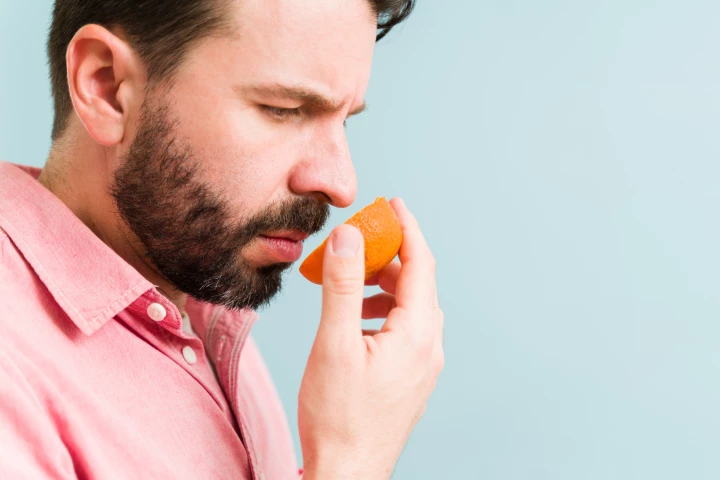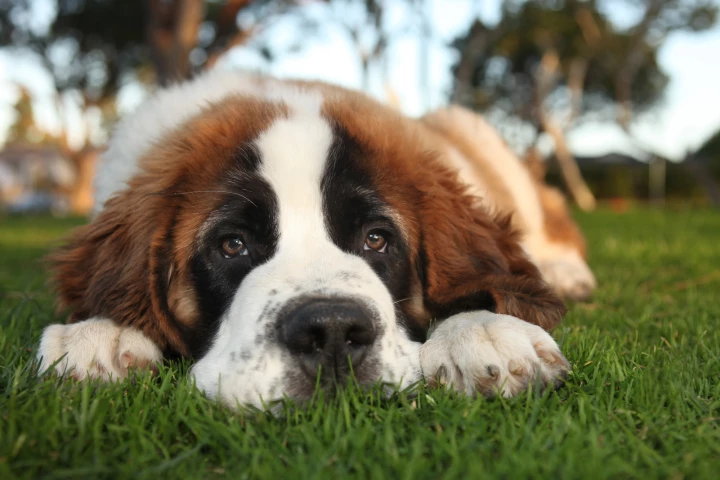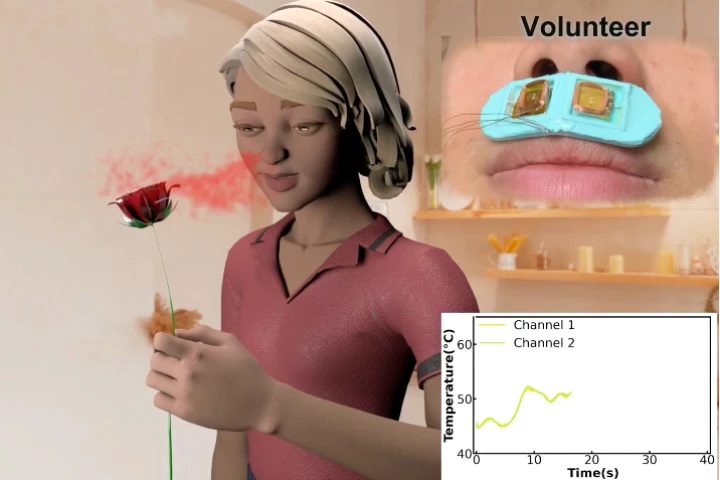Smell
-
For millions, losing their sense of smell reshapes daily life. Once damaged, the system is difficult to restore. That challenge led researchers to stop asking how to fix smell, and start asking whether its information might reach the brain another way.
-
For the first time, scientists have found that smell and taste are inseparable much earlier in the brain than we'd thought. Odors can actually be coded as tastes in the primary taste cortex, overturning decades of assumptions as to how flavor is built.
-
A loss of smell can be one of the earliest warning signs of Alzheimer’s disease, but the cause of this sensory change have been unclear. Now, a study reveals that the problem may not lie in the nose or olfactory bulb itself, as previously thought.
-
We know what they look like, and even sound like, but there’s one question you might not have pondered: what do ancient Egyptian mummies smell like? Whether you wanted to know or not, scientists have now given us an answer.
-
You might not hear it, but rodents are known to speak to each other in voices so high-pitched that human ears can’t pick them up. Now scientists have found that these vocalizations might have a second purpose – they help them smell better.
-
In the world of dogs and cats, it wouldn't be a stretch to say that canines seem more optimistic and felines less so. But a dog's optimism can apparently be dampened by their human's emotional state, according to new research.
-
Two dogs in a small study were able to correctly identify what breath smelled like when it was linked to a memory of trauma. The finding might allow dogs to be even better friends when it comes to helping PTSD sufferers cope with their conditions.
-
A new study led by researchers in Germany has for the first time compared the chemical composition of body odor between teenagers and infants, homing in on the exact compounds that make babies smell like flowers and teens smell like sweaty goats.
-
Have you ever wondered what all 1,000+ Pokémon smell like? Because we have. With the news of a weird AI smell-o-vision device called GameScent, we’ve rounded up a list of which game worlds we’re most curious to get a whiff of – for better or worse.
-
We've all heard "to follow one's nose" when it comes to trusting your gut. Now, scientists have found that the brain does exactly this, when previously unknown decision-making time cells fire up and evoke a rapid physical response to certain smells.
-
When we’re sick, we produce compounds that waft around us that dogs can smell. Over the years, the number of diseases that dogs can detect has grown. Here are eight diseases that our furry friends are particularly good at sniffing out.
-
While we've seen multiple attempts to produce real-world odors in VR environments, many have involved cumbersome wearable devices. Chinese scientists have developed a much more streamlined system, which is applied to the skin below the user's nose.
Load More











